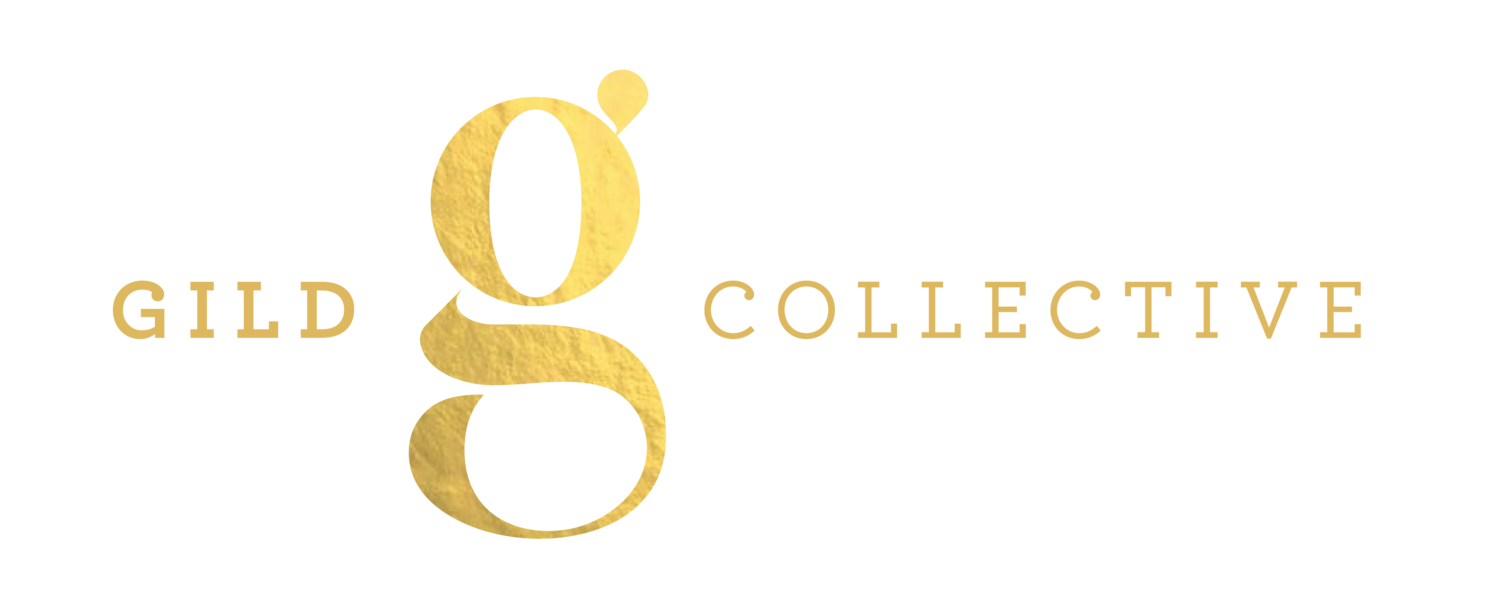The HCMx Radio podcast is hosted by Rachel Cooke, Michael Rochelle, Mike Cooke and the Brandon Hall Group Analyst Team, and focuses on innovative, cutting-edge human capital management topics. I (Rachel) was thrilled to have a conversation with Rachel Cooke from Brandon Hall Group about “What’s Next for Gender Bias”.
In our conversation, Rachel and I discuss unconscious bias training – what works (focusing on action and next steps to interrupt bias), what doesn’t (bias training as a bandaid), and how companies are (or should be) shifting their focuses for the changes caused for women in the workplace by the pandemic. There is a lot from our conversation that I am proud of, and I can’t wait for you to watch or listen.
A few key insights that stand out for me from this conversation are:
On bias training being nothing without action: “A significant shift for us has been focusing on interrupting bias and understanding how that looks. How can one empower themselves, employees and teams to stop something that has been branded as something outside of control for a long time? For us, it’s thinking about basic business systems, whether it’s recruiting, hiring, retention, performance review or pipeline development. It’s also about looking at systems, ways to train teams and managers, and implementing measures that interrupt bias. But then, it’s also looking at the individual level and being able to realize as an individual when a decision is made using unconscious bias. People can be educated and trained to understand and spot when they are most prone to making biased decisions, especially when it comes to decisions about other people. People can also be trained to create systems on their teams to help one another spot times when people are using biases to make decisions and then work together to develop new systems that are more subjective and less objective when making decisions about people, practices and business.”
On if I feel companies have shifted their mindset/focus with all that has transpired since March 2020: And the COVID-19 pandemic wasn’t the only thing that happened this year. We saw a lot of racially induced violence come to the spotlight. For lack of better words, it’s been interesting for us to see how our clients responded to those instances of violence within the Black communities. We’ve seen companies say they will shift away from focusing on gender to focus on race. From a business perspective, for many reasons, that’s not what we like to hear. But, as I mentioned, we are incredibly intersectional in our approach.
What I hope changes is that companies stop saying they will focus on this or focus on that. I hope companies continue to grow and realize that diversity and inclusion are not focusing on one group at a time. It’s creating a workplace where anyone, from any group, can come and feel represented, welcomed, included, and that they’re going to be able to develop and grow as an employee and a professional.
